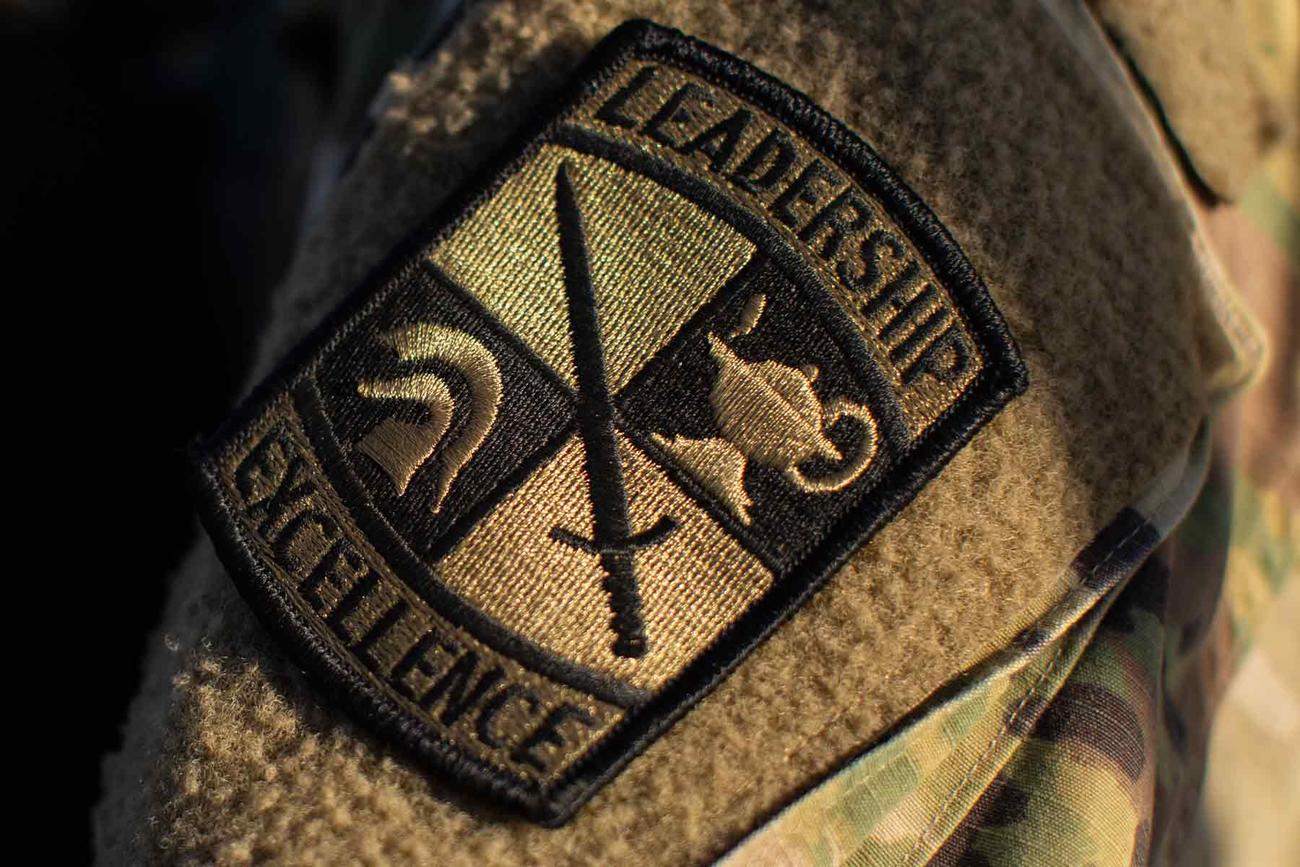
An Army officer who led an ROTC program at a California university was handed a reprimand this week after pleading guilty to hiding a camera in a changing room at a clothing store.
Lt. Col. Jacob Sweatland, who formerly led California Polytechnic State University’s ROTC program and served as a senior instructor, was arrested in September 2022 after being caught hiding a camera in a changing room at a PacSun, a clothing retailer predominantly for teens and young adults, at Pismo Beach, California.
According to reporting from the San Luis Obispo Tribune, a girl found the camera while changing. Sweatland later called the store, asking whether they had found his “key fob.” When he came to the store, he was met by authorities and fled on foot but was later taken into custody. Army officials swiftly fired him from his ROTC position.
Read Next: Marine Corps’ New Amphibious Vehicle Will Deploy in Pacific After 2022 Rollover Restricted Its Use
Reprimands are administrative censures, effectively about as low on the totem pole of military justice as punishments go, and act as career blemishes.
“Col. Jacob J. Sweatland was convicted by a military judge, pursuant to his pleas, of one specification of indecent visual recording and one specification of conduct unbecoming an officer in violation of Articles 120c and 133, UCMJ,” Ian Ives, a spokesperson for U.S. Army Cadet Command, told Military.com in a statement. “The military judge sentenced the accused to be reprimanded. The sentence was consistent with the terms of a plea agreement.”
Sweatland and his attorney could not be reached for comment.
He was still in the service as of Friday, assigned to the 8th Reserve Officers’ Training Corps Brigade based out of Joint Base Lewis-McChord, Washington.
It was unclear if the Army will eventually remove him from service and whether he will be allowed to retire with an honorable discharge. Because Sweatland was not convicted of a felony, if he is allowed to retire with full honors, he will hold onto his full retirement and any benefits and disability from the Department of Veterans Affairs.
The case was originally being tried in a San Luis Obispo County court, but was transferred to an Army court as prosecutors felt the service had stronger punishments for the type of crimes Sweatland committed; local law could charge Sweatland only with misdemeanors. However, civilian courts commonly hand cases over to military authorities to ease the burden on the court.
“In 2023, California law has very limited criminal sanctions available for someone charged with the crimes Mr. Sweatland committed,” District Attorney Dan Dow said, according to reporting from Cal Coast News. “We have confidence that the U.S. Army will obtain an appropriate resolution that appropriately addresses the significance of harm caused by his actions.”
Editor’s note: This story was corrected to reflect the specific type of reprimand handed down to Sweatland.









